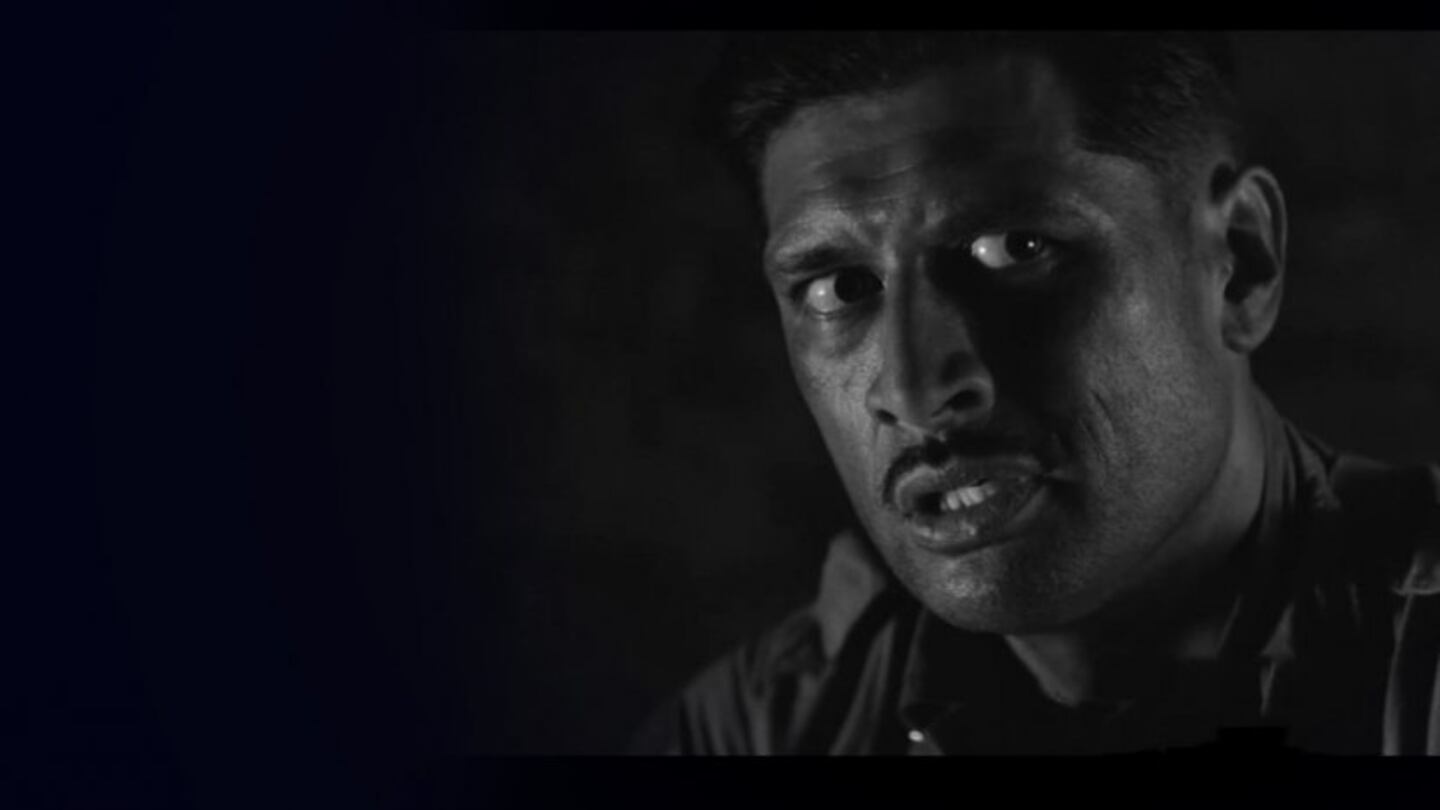A new movie in the Italian and Māori languages has been created. It focuses on the relationship between soldiers of the 28 Māori Battalion and Italian villagers of Monte Cassino, during a famously bloody World War II battle that was fought there almost 85 years ago.
Maunga Cassino is a short film co-written by Rob Mokaraka and Paolo Rotondo and stars Te Kohe Tūhaka as Anaru, a 28th Māori Battalion soldier who gets separated from his unit and ends up stuck in a barn with Italian deserter Salvatore, who is played by Rotondo.
For Mokaraka, it's a storyline that flips the narrative of Māori, who are traditionally the colonised, into the coloniser.
"Māori are the invader/coloniser, so the Italians are looking at these Māori as if they are these colonising invaders."
But in the film, the two sides find much in common.
Universal language
"But finding some commonality through whānau and manaakitanga, that universal language that surpasses the language barrier in the middle of one of the most chaotic times in World War."
Rotondo and Mokaraka spent years researching for the film interviewing historians, returned servicemen who had served in Monte Cassino, as well as whānau.
"Rob and I have been lucky enough to meet and talk to a lot of people who are not here anymore. So we have a duty to pass on their stories and we also have a duty to be conduits to tell that story to pass onto the next generation."
What follows is an interesting interaction between Salvatore speaking in Italian and Anaru, speaking in Māori. Rotondo says that interaction makes great dialogue because Salvatore has an interesting backstory.
"He's a classic Italian deserter. He ended up on the frontline with other soldiers wearing a summer uniform in the snow and they think 'What the hell is this about?' and they desert. Thousands of them walked all the way back from the former Yugoslavia all the way back down to Italy and he returns to his home town to find the war has moved on to his front doorstep."
Conflict and gags
The Anaru character is a member of the 28th Māori Battalion and is of Ngāti Porou descent.
"The fact that the two men communicate in their own reo, their own languages is so important because the audience gets what they are saying but the other man doesn't, so there's lots of conflict and gags in that."
Having already played to Italian audiences, as well as a special screening just for Tā Bom Gillies, the last surviving 28th Māori Battalion soldier, the short film will appear at next month's New Zealand International Film Festival.


